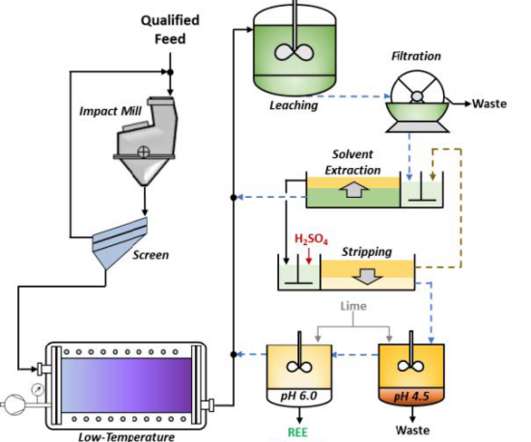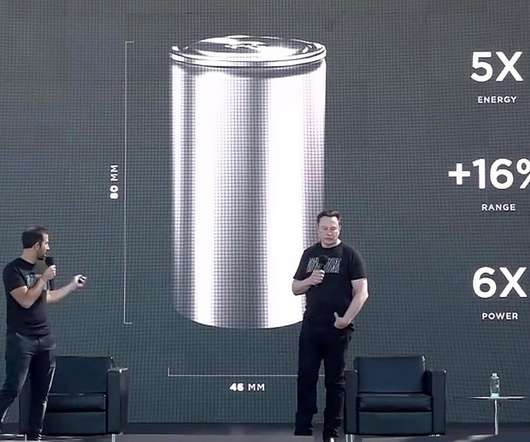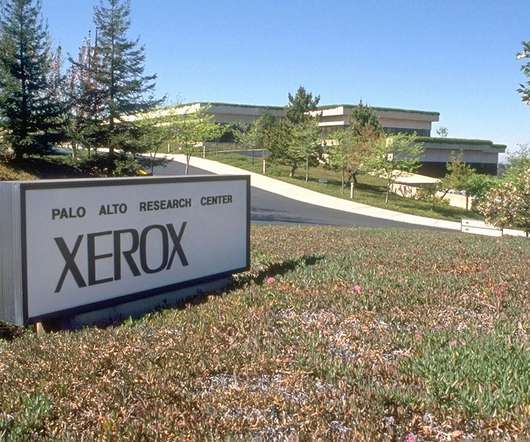DOE awards $19M to 13 initiatives in fossil-fuel areas to produce rare earth elements and critical minerals
Green Car Congress
MAY 3, 2021
Illinois Basin (Kentucky, Illinois, Indiana and Tennessee): Board of Trustees of the University of Illinois aims to lead a project to evaluate the domestic occurrence of strategic elements in coal, coal-based resources and waste streams from coal use. DOE Funding: $1,204,129. DOE Funding: $1,483,787. DOE Funding: $1,500,000.





































Let's personalize your content